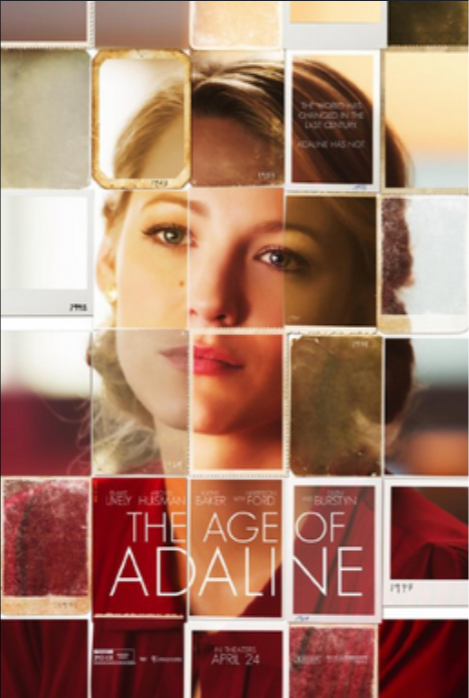'Practical Magic'
- francescagelet
- Nov 8, 2025
- 3 min read
Updated: Nov 13, 2025

In the last 10-15 years, filmmakers have been taken by the idea of telling stories about “strong women.” That’s fine. But some of the ways they’ve gone about it are truly lazy. They either “gender-swap” existing male characters, as they did with Ghostbusters, Oceans 8, Doctor Who, and (in a horrible game of will-they-won’t-they) James Bond, or they write new female characters as if they were males, with masculine skillsets, masculine habits, and masculine sensibilities. Few people in that sphere seem to realize that genuinely female stories can be good in their own right. Writers don’t need to co-opt male archetypes to make female characters that are complex, interesting, flawed, or strong.
I’m not even saying that stories featuring women in masculine roles can’t be done well, but they can really only be successful if the female characters feel like real women operating outside of female zones or in spaces traditionally occupied by men, like the military or law enforcement. Great examples of this subgenre are The Diplomat and Silence of the Lambs. But by and large, the best stories about women focus on what sits at the heart of the female psyche: love and family.
Practical Magic is a stunning example of female-centered storytelling done right. It is essentially a tale of ladies causing and then solving their own problems. The premise is that several generations of women have been cursed by their heartbroken, witchy ancestor so that any man they love is doomed to die. Sisters Sally and Gillian (played by Sandra Bullock and Nicole Kidman, respectively) have been orphaned by the curse and are raised by their aunts (played marvelously by Stockard Channing and Dianne Wiest) to learn magic and develop divergent opinions of love. Besides the husband Sally loses to the curse and a disgruntled customer at her shop (both of whom have approximately one line a piece) there are literally only two male characters in the movie. They are Gillian’s ex-boyfriend and creeping poltergeist, Jimmy Angelov, and Sally’s potential boyfriend and the man investigating Angelov’s misdeeds, Officer Hallet. They play archetypal bad guy and good guy, respectively and function as a lesson for the sisters. Namely, choosing to love may be painful but life without love isn’t life at all, and the bonds of love can overcome anything. Truly beautiful.
Technically, Practical Magic is a very well-executed film. The lynchpin of the whole things is the chemistry between the women, which lends itself to subtle, believable performances. Several moments stand out like little gems, like when Gillian lights a cigarette with the dead Angelov’s lighter and then throws it aside in disgust or when the aunts assure Sally that they’ll take good care of her daughters at the solstice festival of which they are on the committee. The women also clearly have fun together, making midnight margaritas and brownies for breakfast. These moments bring you closer to the story by making you feel like you’re in on some little secret.
The aesthetic – verdant, crystalline, baroque – is truly an eternal gift. The costuming on the ladies is wildly feminine and the whole thing feels like it’s bathed in a golden light. The magic is not overwrought and feels like it could exist in our real world. The pacing of the story is spot on – every moment feels necessary and nothing drags on. In an era of 3-hour movies, this is refreshing. Also, the soundtrack is so good. Stevie Nicks (who could easily be a character in the movie just by being herself) is obviously featured heavily, but there are also appearances by Faith Hill, Joni Mitchell, Harry Nilsson, Elvis Presley, and Marvin Gaye. Seriously, do not sleep on the Practical Magic soundtrack.
One final note: there’s really nothing else like this movie out there. Magic was a prominent feature at the time Practical Magic was made, but other such films of the era like The Craft and Midnight in the Garden of Good and Evil take things to a dark place. Charmed is the obvious spiritual relation, but the series leans too hard into what witchcraft would look like in modernity. Practical Magic by contrast leans into its story and embraces timelessness in a way that really works.




Comments